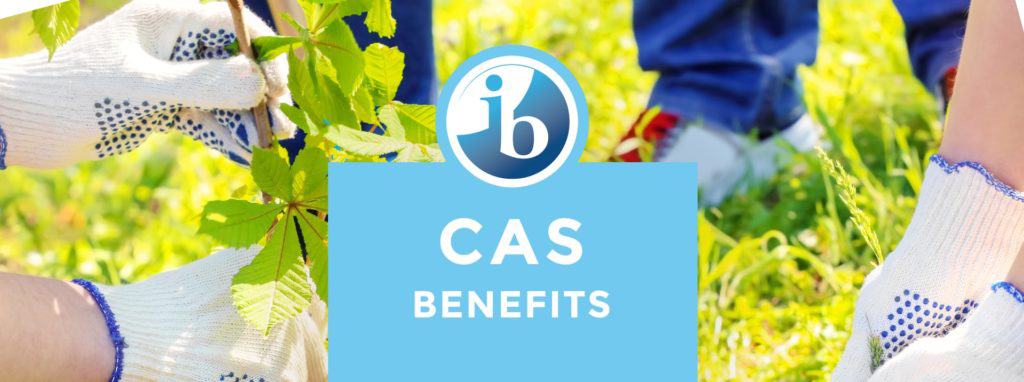The International Baccalaureate (IB) Diploma Programme is a rigorous and comprehensive academic program designed to prepare students for success in higher education and beyond. In addition to academic studies, the program requires students to complete a Creativity, Activity, Service (CAS) component which is an essential part of the program. The purpose of this article is to explore the significance of CAS in the overall development of students and how it prepares them for lifelong success. Through personal experiences and feedback from students, this article will highlight the importance of CAS in fostering personal growth and developing essential skills such as communication, collaboration, and initiative.
The IB Diploma demands that its students come out as young adults equipped with the lifelong skills of communication, collaboration, and the confidence to take initiative.
Let’s start by asking you two questions:
What issues of global significance matter to you?
What would you say are the ethical implications of your actions on others?
Pretty weighty questions and not easily answered.
As students begin their CAS (Creativity, Activity, Service) journey in the Diploma Programme, they are often asked two important questions. It’s easy to simply talk about what we want to achieve, but the IB’s Diploma Programme demands that students take action and put their plans into practice. The programme is designed to equip students not only with good grades, but also with essential life skills such as communication, collaboration, and initiative. These skills are not easily acquired and require effort and dedication, as many of my students have discovered.
CAS demands students to step outside their comfort zones, find their inner voices, and recognize the value of strength in numbers. The program is unapologetic in its approach towards encouraging leadership and teamwork. In a recent research carried out by the IB regarding students’ perception of CAS, the two words that came up consistently were “challenging” and “rewarding.” I couldn’t agree more. For some students, the challenge might be to stand in front of a room full of people, while for others, it could be to initiate a community outreach trip to Cambodia. CAS is a journey of personal development that begins and ends with the students’ own interests and aspirations.
At the start of each school year, I meet each of my Grade 11 students individually to discuss their plans for CAS (Creativity, Activity, Service). One of the first questions I ask them is, “Who are you and what are you about?” These questions may seem simple, but they are crucial for the students to unlock the deeper questions of ethics and global issues for themselves. The students’ success in CAS depends heavily on their ability to find meaning and enjoyment in what they do over the eighteen-month program. Whether it’s the thrill of winning a game on the school field, the satisfaction of organizing a successful school dance, or the feeling of empowerment that comes with making a difference, it is these experiences that our students will remember. These experiences will play a significant role in shaping who they become.
I will leave you now with some final thoughts from Laura Lopera and Seara Grundhoefer from our current Grade 12. As two students who are close to completing all of their requirements for CAS, I asked then what CAS has meant to them over the last fifteen months. This is what they had to say:
“For me CAS is the IB section that makes students well balanced. It is important that we focus on the academic part of the school, but it is also important that we do activities outside of school that help us determine our interests and make us leave our comfort zone. CAS helps you develop creative skills and also helps you maintain a healthy lifestyle since the action section focuses on the area of sports and fitness. For me the service section is the best and most rewarding since it gives us the opportunity to do several things for communities that need any kind of help or support. I was satisfied with the things I did with CAS, as I tried new and different activities, such as the 24-hour race, the journalism club and volunteering in an elderly home. I think that students should take advantage of CAS because it opens opportunities for every enriching activity.”
Laura L
“After almost a full year of doing CAS, I don’t know if I could truly call myself an accomplished student without it. Without CAS, I would’ve missed out on opportunities that I now consider to be some of the best moments of my high school life. It pushed me to find creative ways of engaging with the community in the school, above and beyond what I would have done without proper incentive. And although it wasn’t always easy to keep up with, ultimately I’m grateful to CAS for making me realise there’s far more to school (and IB!) than what you’re taught in class; sometimes, it’s the things you learn outside of class that stick with you the most”.
Seara G
